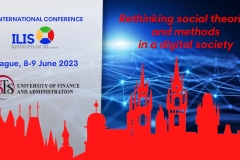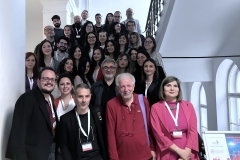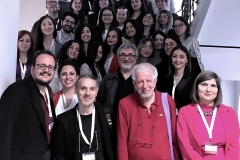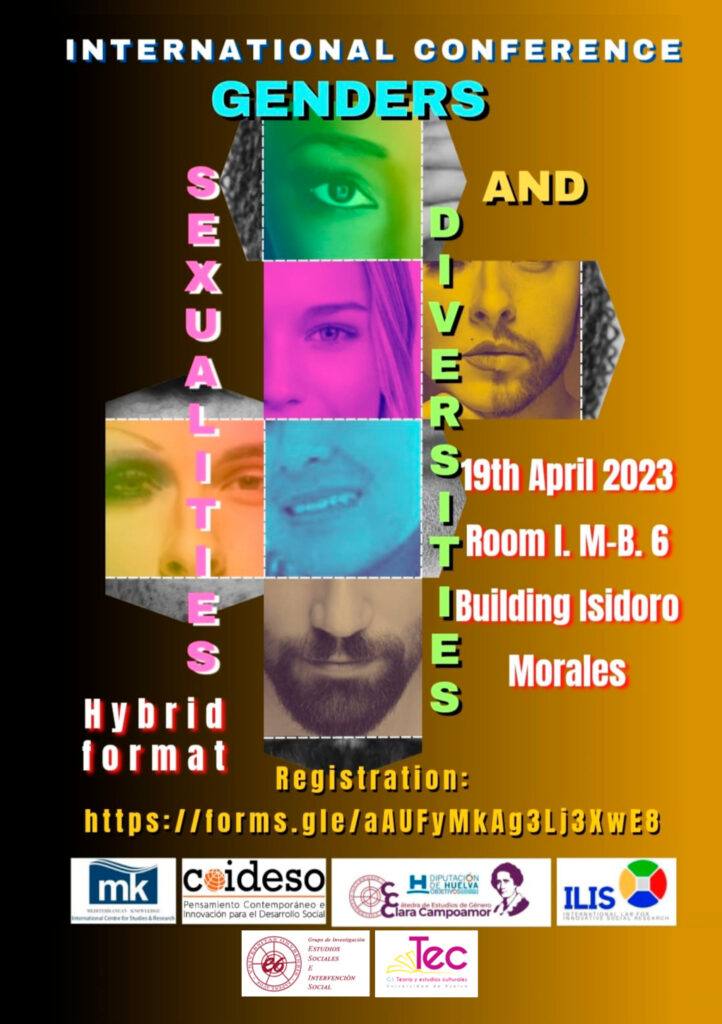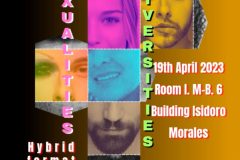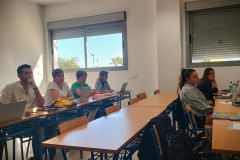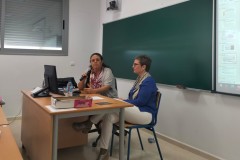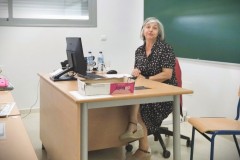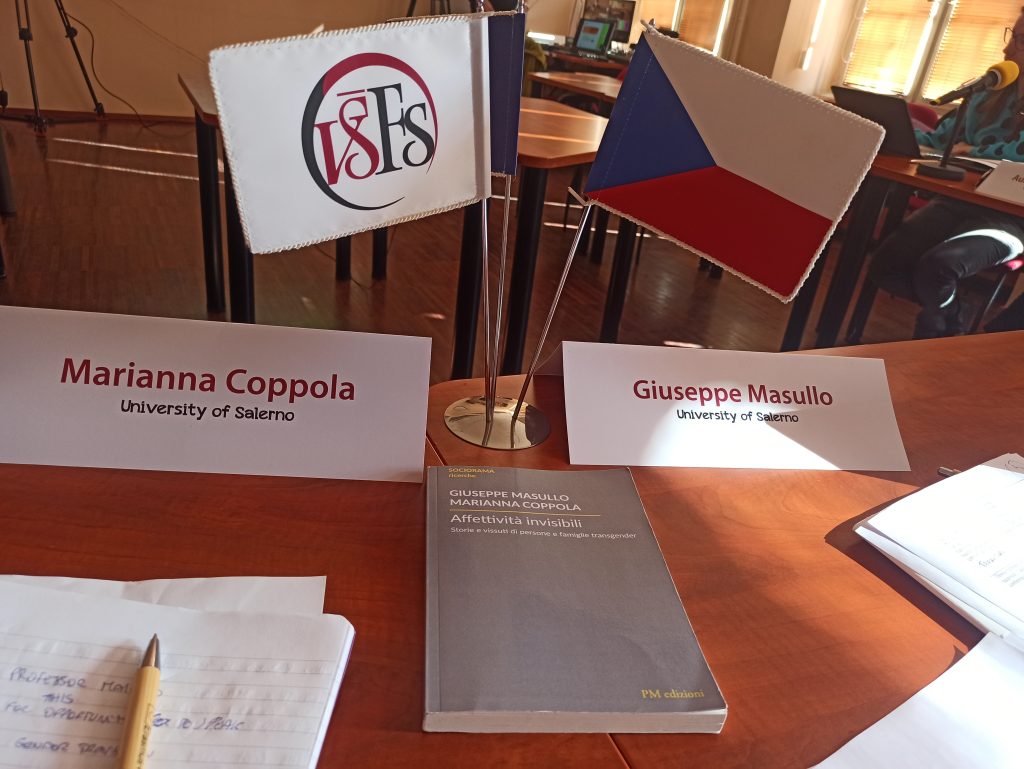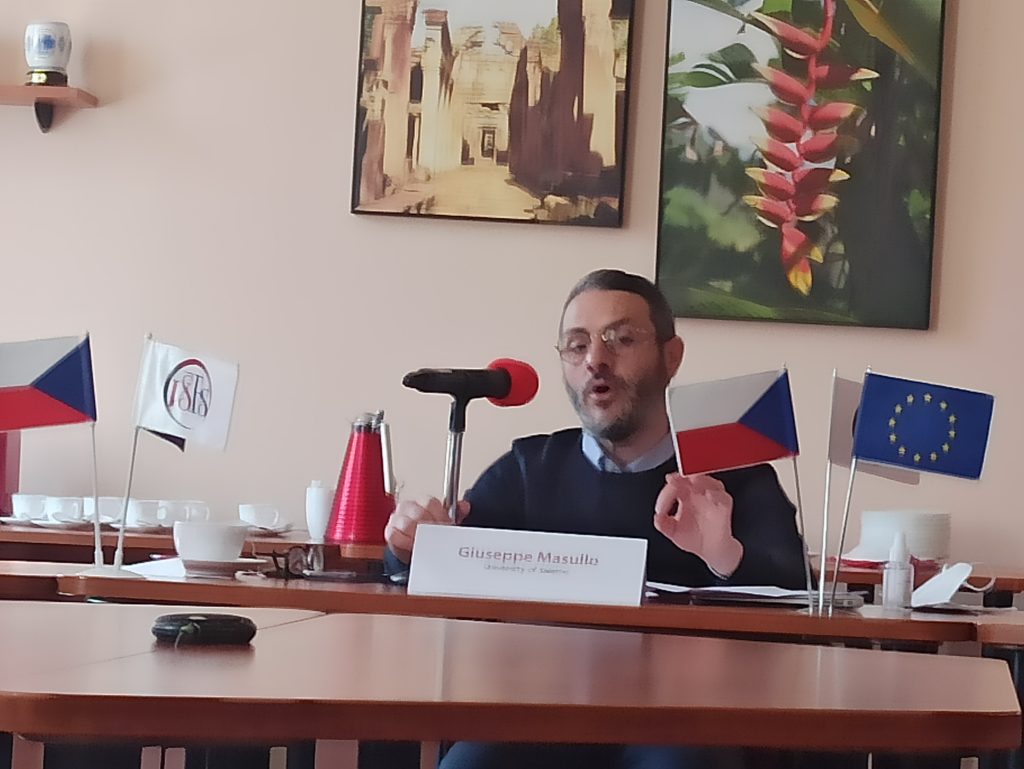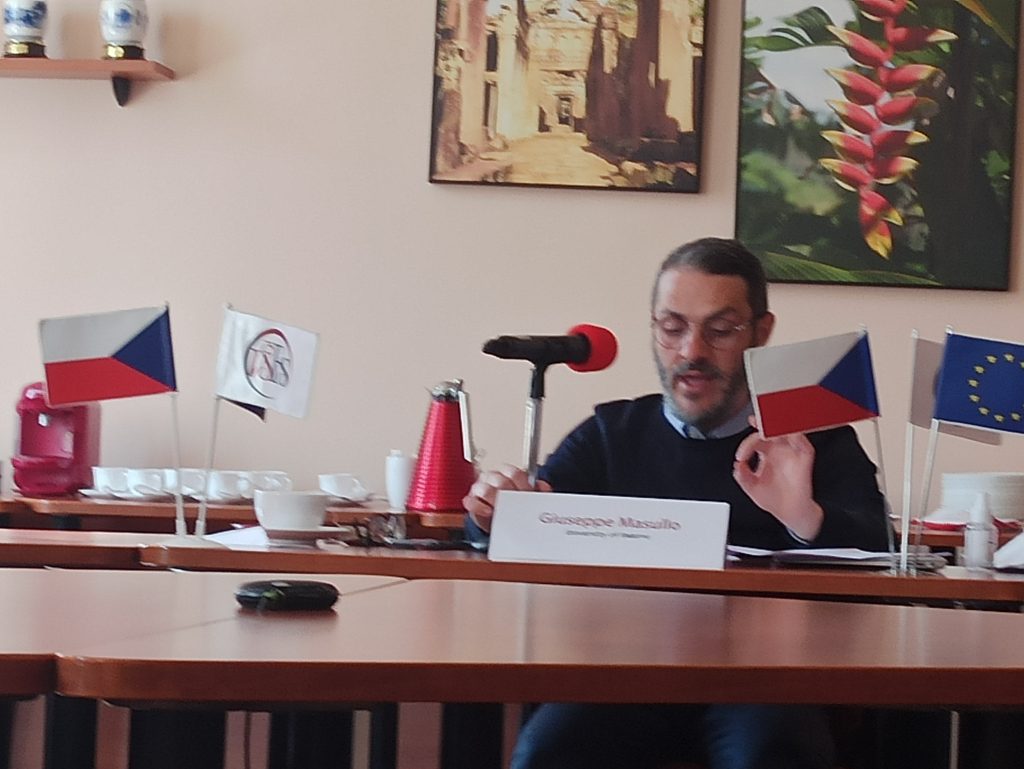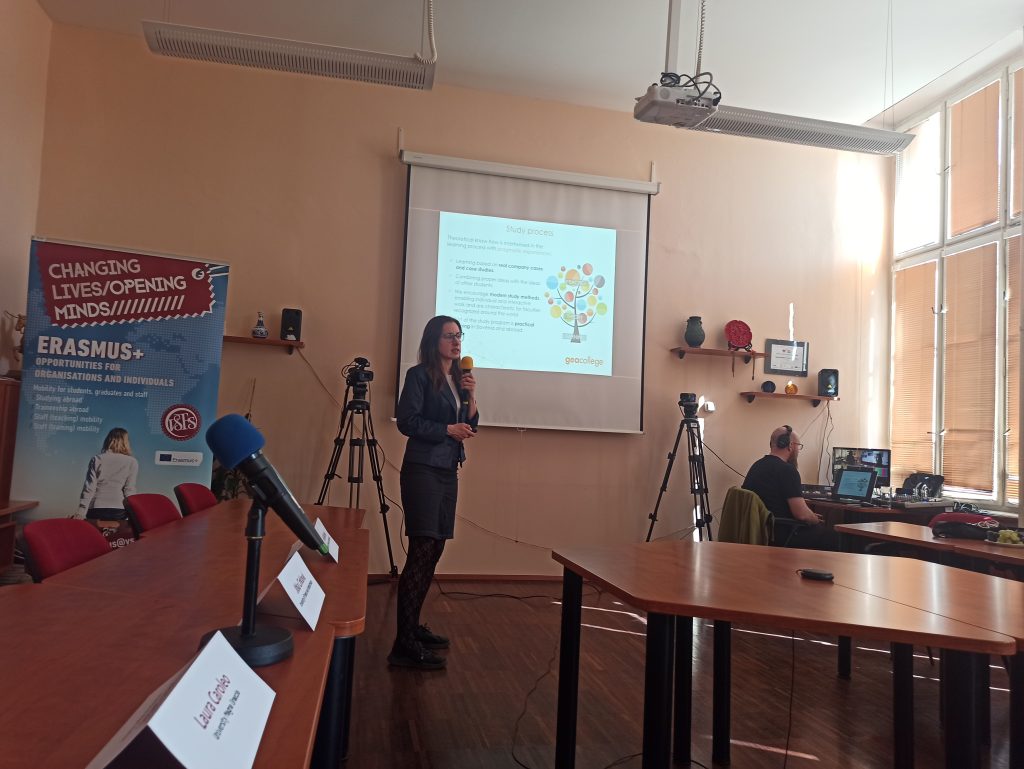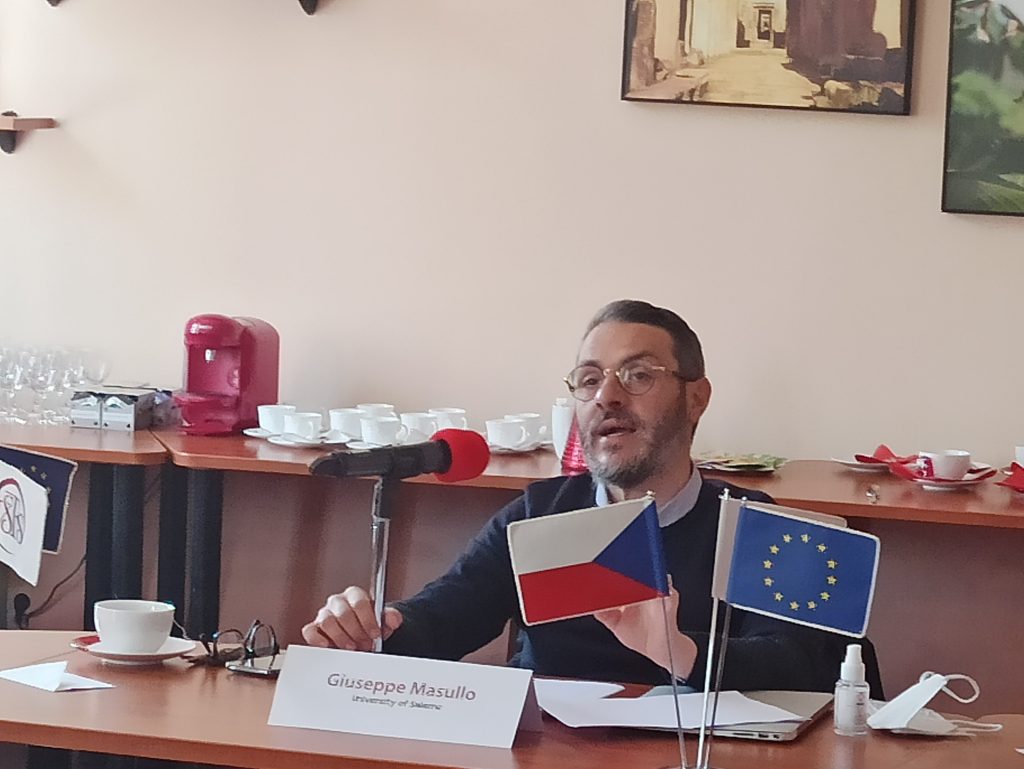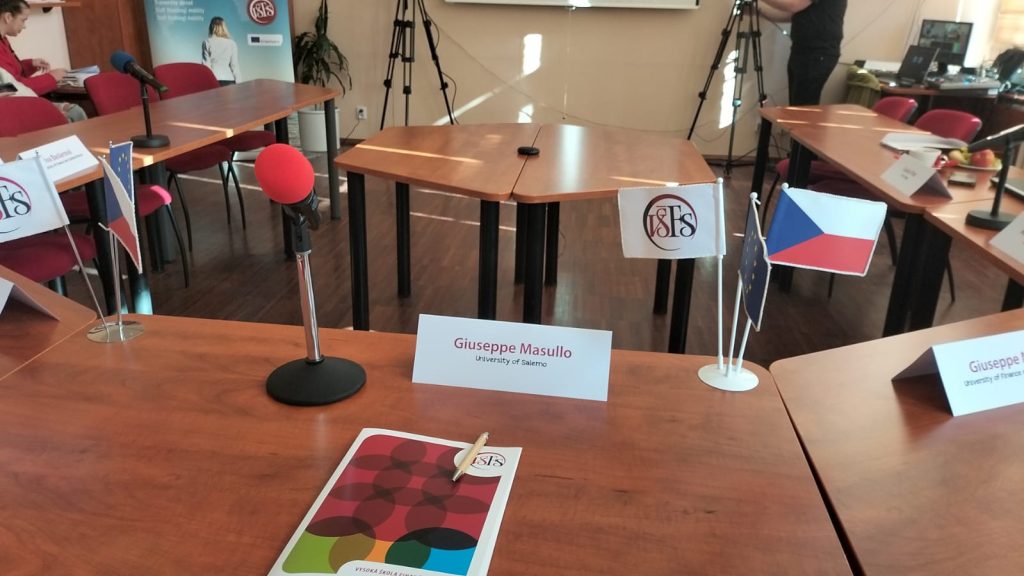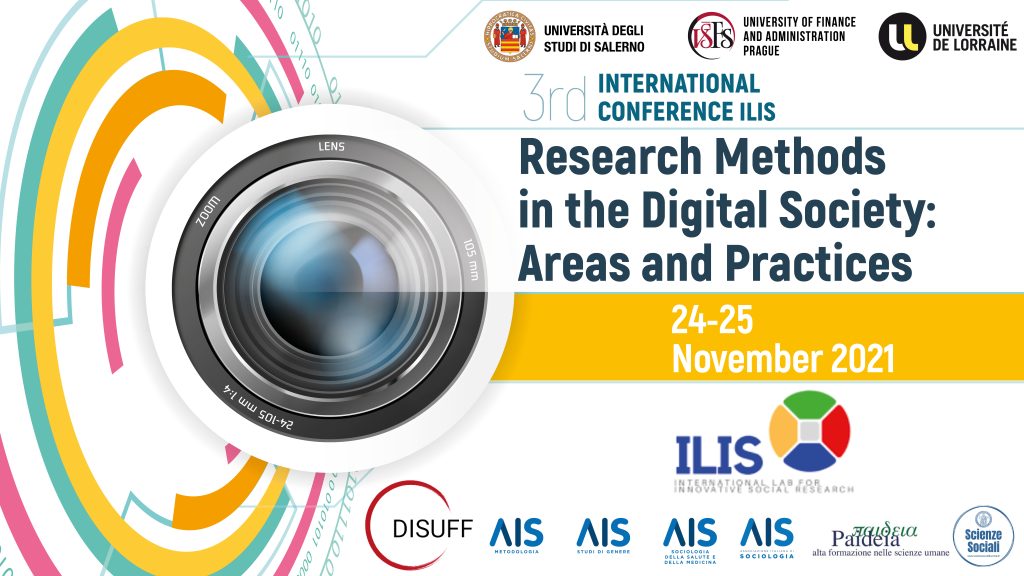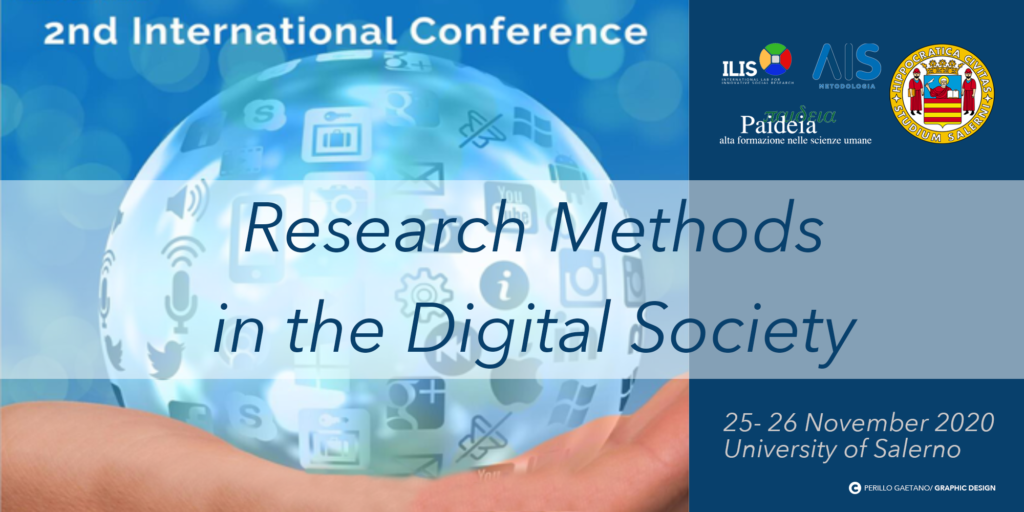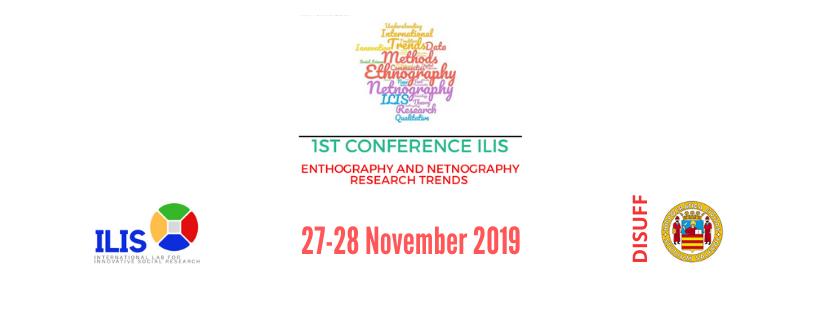Digital Social Research: Ethical Boundaries and Methodological Biases
7-8 November 2024 @ University of Salerno, Italy

5th International Conference ILIS
Conference topics
Technological innovations create new opportunities and challenges for social research based on digital information. These do not derive exclusively from the digitization of traditional information collection techniques and the use of digital contexts such as websites, email, social media, videoconferencing or messaging platforms for administering questionnaires or conducting interviews, focus groups, etc. They especially derive from natively digital traces both intentionally and unintentionally generated by internet users in their daily use of socio-technical systems. They are not requested but spontaneously released by internet users and “found” by the researcher: these traces exist regardless of the research (unlike information collected from a questionnaire or an interview) (Veltri, 2019). Differently from traditional data, digital traces can be considered as dynamic (vs static), natural (vs provoked and self-reported) and not designed (exist apart from collection) (Delli Paoli, Masullo 2022). Their nature is changing the traditional cycle from theory to empirical research, due to the availability bias which drives towards defining measurement strategies from available data rather than from operatizing theory. This provides several epistemological and methodological implications.
Moreover, the massive use of digital traces entails a variety of possible and unique methodological pitfalls that have only partially addressed in the literature. We can broadly distinguish between epistemic concerns (Mittelstadt et al 2016) related to the biased nature of digital traces and normative concerns (Olteanu et al. 2019) related to the consequences of research.
On the epistemic side, these challenges are related to trustworthiness, generalizability and validity. For some the non-intrusiveness of digital traces plays in favor of data quality and trustworthiness in particular. However, digital information is still affected by some forms of bias common also in traditional survey research and mainly related to selfpresentation strategies, such as the social desirability bias. Most of time, digital content is carefully selected to adhere to one’s idealized self. However, social desirability may also appear in different from those we are used to experience in traditional research: on the internet people may have the need to appear more anti-normative than they actually are. We call this the social undesirability bias, when people emphasize their dissent from normative and social-orientated discourse, also through a deliberately offensive language that defies the codes of political correctness and sometimes takes on the connotations of hate speech. Also the presence of fake accounts or non-human entities, such as bots designed to imitate human behavior, put into question the trustworthiness of digital traces. Digital traces may potentially guarantee very large research samples. However, sample size is not a sufficient (or even necessary) condition for representativeness.
Representativeness is affected by population biases and questioned both with reference to general population and to internet population for the interconnection of different motivations. First, the digital divide. Second, the wrong equivalence between access and participation and the different level of participation of users. Thus, the digital representativeness does not refer neither to the general population nor to the internet population but at maximum it can refer to the internet population leaving digital traces useful for social research. Moreover, the sample creation is affected by selection and accessibility biases. Selection biases derive from the algorithmic mechanisms of information selection which are always opaque. This opacity can in fact produce direct and/or indirect digital discrimination in extraction in the form of inequalities based on income, education, gender, age, ethnicity, and religion because of algorithmic user selection or data mining techniques (Crawford and Schultz, 2014; Barocas and Selbst, 2016). Digital discrimination can in fact affect sampling, which is already complicated online by the over-representation of some subjects in internet use, and the interpretation of results. Digital information may impact also validity. In particular: 1. face-validity and the assumption that digital information can be treated as analogous to the non-digital equivalent (e.g. Facebook friends as similar to actual friends); 2. construct validity: the most easily available measure is not necessarily the most valid since online behavior may be driven by individual motivations but also by technological functionalities, community norms, etc. On the normative side, social research in the digital context also raises several ethical dilemmas that researchers must address. The accessibility of digital data does not necessarily imply that they can be collected and analyzed without any concern. Possible ethical pitfalls include breaching user’s privacy (Goroff 2015) or enabling racial, socioeconomic or gender-based profiling (Barocas and Selbst, 2016). The assumption that publicly data cannot harm because they do not directly impact people’s lives is wrong since they can be combined with other data sets posing serious risks to individuals and communities. While innocuous in themselves, such anonymous public datasets when merged with other may make individuals highly identifiable (Metcalf and Crawford 2016). There are several cases of re-identification of de-identified data. Digital social research subverts existing ethics regulations, their assumptions about responsibility, types of risks and researcher-subject relationship and strategies. Moreover, digital traces pose particular challenges to the practice of informed consent. New ethics framework balancing between privacy and accuracy should be provided against possible harmful outcomes such as stalking, discrimination, black-mailing or identity theft. In the previous editions of this conference, we focused on the theoretical, epistemological and methodological impact of digital methods, on innovative methodological practices (digital ethnography, computational analysis, etc.), on the impact of the digital on traditionally “offline” and face-to-face contexts such as education, policy and politics, sensitive topics and population such as gender and sexualities.
This led to several publications collecting the participants’ contributions:
- 3 special issues in Italian Sociological Review (Class A journal -ANVUR rating) dedicated to the reconceptualization of social research in the digital era:
- Vol 11, No 4S (2021)
- Vol 12, No 7S (2022)
- Vol 14, No 10s (2024)
- A special issue in Frontiers in Sociology – Sociological theory (Class A journal – ANVUR rating) Theories, Methods, Practices, and Fields of Digital Social Research, Vol 7 (2022); Vol 8 (2023)
- A special issue in the Italian Journal of Sociology of Education (Class A journal – ANVUR rating) The impact of digital on research, socialization, and communication processes – Vol. 14, n. 3 (2022)
- A special issue in Mediascapes Cultural Machines – Vol. 20, n. 2 (2022)
- An issue in Sociologia Italiana – Vol. 24 (2024)
- A special issue in International Journal of Social Research Methodology – under review (2024)
- The Handbook of Research on Advanced Research Methodologies for a Digital Society (2021), IGI Global
- The Handbook on Digital challenges for social research methods in a changing world: new methods and new analytical frontiers (2024), McGraw Hills
- 2 special issues in Cultura e Studi del Sociale (Scientific journal – ANVUR rating):
- Between Infodemic and Pandemic: On-line Researches in the Time of COVID-19 – Vol. 6, n. 1, Special (2021);
- Exploring Everyday Digital Life – Vol. 7, n. 1 (2022)
- A book dedicated to ethnography and netnography
Leveraging on the previous editions, this conference will explore the main epistemic, methodological and ethical challenges digitalization poses to social research and researchers.
Thus, it especially (but not exclusively) calls for contributions that shed new light also through discussion of digital research experiences and case studies on the following topics:
- The nature of digital data;
- The impact of digitalization on research design;
- Digital data collection
- Digital biases;
- Feedback algorithms in different research areas;
- Digital discriminations;
- Ethical choices in digital social research;
- Ethical boundaries and dilemmas in digital social research;
- Ethical strategies and ethics frameworks in digital social research;
- Artificial intelligence: practices, knowledge and contaminations.
Abstracts need to be limited to 500 words and include goals, research methods and main findings. Please use the abstract form and send it as an attached file to: labilis@unisa.it
Conference publications
The scientific committee of the conference will select best papers from those regularly submitted by the deadline for publication in:
- The special issue Theoretical, methodological and ethical boundaries of Digital Social Research to be published on the AIS Journal of Sociology (Issue n. 1-2025) (Class A journal -ANVUR rating)
- An edited book to be published on the book series Innovative Social Research (McGraw Hill)
- Other special issues on international Class A journals to be proposed according to the papers submitted to the conference.
Best paper award
The conference awards up to two best paper prizes which serve to celebrate well written papers that make significant contributions to their fields. One is devoted to early career researcher (best paper from early career researcher). The other is reserved to significant contribution in Digital Social Research (best digital social research paper).
Registration
The registration deadline for presenters is 18 October 2024.
- The fee for online conference is 80€;
- The fee for onsite conference is 100€;
- The fee for students is 50€ both online and onsite.
At least one fee for each paper should be paid. The fee is associated with the presenter. In papers where there is at least one author with a fixed position (researchers, associate professors, full professors, etc.) the fee due is 100 €. In papers where all the authors have a non-fixed position (students, research fellows, etc.) the fee due is 50 €. Please note that the maximum number of papers for author is two. It is possible to submit only one paper as a corresponding author and participate as a co-author in only one another paper. In case more than one author is onsite it will be necessary to pay the registration fee for all the others in presence as well, according to their position.
After acceptance further information about payment will be provided.
Authors with insufficient funding will be eligible for partial fee support.
Please, apply for the fee support by writing to labilis@unisa.it and motivating your request.
Conference organisation
The conference is organised by International Lab for innovative social research (ILIS) of the University of Salerno in partnership with the “Magna Graecia” University of Catanzaro and the Indiana University. The lab is an interdisciplinary centre for social research established within the Department of Humanities, Philosophy and Education. It aims to stimulate theoretical and methodological discussions, as well as empirical studies, on emerging trends in social research: from theoretical challenges faced by new social issues to innovative methodological approaches to understand them. The lab’s mission is to promote theoretical, epistemological, and methodological advances in the social sciences through continuous exchanges with national and international scholars.
The research interests focus on social processes ranging from educational, migratory, identity and cultural processes, to gender, generational and health issues drawing special attention to the social research methods.
The main goal is to offer an integrated research system to direct scientific actions towards an innovative theoretical and empirical knowledge of the processes transforming our societies.
From the scientific point of view, the centre aims to combine the understanding of contemporary social processes with emerging trends in social research methods which have innovated traditional approaches and have introduced alternative data collection and analysis methods together with new methods for representing information (such as in the case of e-methods and big data analysis).
The conference will be held on: the 7th and 8th of November 2024 in a hybrid format (online and in-presence).
Call for abstract
- Deadline to submit abstracts: 14 July 2024
- Author Notification: 20 July 2024
- Payment Deadline: 18 October 2024
- Deadline to submit papers: 18 October 2024
- Conference dates: 7-8 November 2024
Executive Board
Felice Addeo, Angela Delli Paoli, Giuseppe Masullo (University of Salerno, IT), Gabriella Punziano, (University of Naples Federico II, IT)
Organizing Team
Valentina D’Auria (coordinator), Miriam Matteo, Francesco Notari (University of Salerno, IT), Noemi Crescentini, Giuseppe Michele Padricelli (University of Naples Federico II, IT), Marco Di Gregorio (University of Turin, IT)
References
- Addeo F., and Masullo G. (2021). Studying the digital society: digital methods between tradition and innovation in social research. Italian Sociological Review (in publication).
- Amaturo E., and Aragona B. (2019). Methods for big data in social sciences. Mathematical Population Studies, 26:2, pp. 65-68.
- Barocas, S. (2014). “Data mining and the discourse on discrimination,” in KDD Workshop on Data Ethics (New York, NY: ACM).
- Barocas, S., and Selbst, A.D. (2016). Big data’s disparate impact. Calif. Law Rev. 104:671. doi: 10.2139/ssrn.2477899
- Caliandro, A. (2018). Digital Methods for Ethnography: analytical concepts for ethnographers exploring social media environments. Journal of Contemporary Ethnography, 47(5), 551-578.
- Crawford, K., and Schultz, J. (2014). Big data and due process: toward a framework to redress predictive privacy harms. Boston Coll. Law Rev. 55:93.
- Criado, N., and Such, J.M. (2019). Digital Discrimination in “Algorithmic Regulation”. Oxford: Oxford University Press.
- Delli Paoli, A. (2022). The Potential of Digital Ethnography for Sensitive Topics and Hidden Population. Italian Sociological Review, 12(7S), 729-247.
- Delli Paoli, A., and Masullo, G. (2022). Digital Social Research: Topics and Methods. Italian Sociological Review 12(7S), 617-633.
- Favaretto, M., De Clercq, E., and Elger, B. S. (2019). Big Data and discrimination: perils, promises and solutions. A systematic review. Journal of Big Data, 6 (12).
- Fuchs, C. (2017). From digital positivism and administrative big data analytics towards critical digital and social media research. European Journal of Communication, 32(1), 37-49.
- Fuchs, C. (2019). What is critical digital social research? Five reflections on the study of digital society. Journal of Digital Social Research, 1(81), 10-16.
- Goroff, D. L. (2015). Balancing privacy versus accuracy in research protocols. Science 347, 479–480.
- Halford, S., and Savage, M. (2017). Speaking sociologically with big data: Symphonic social science and the future for big data research. Sociology, LI, 6, 1132-1148.
- Marres, N., and Weltevrede, E. (2013). Scraping the social? Issues in live social research. Journal of Cultural Economy, 6(3), 313-335.
- Metcalf, J., and Crawford, K. (2016). Where are human subjects in big data research? the emerging ethics divide. Emerg. Ethics Divide 3, 1–14.
- Mittelstadt, B.D., Allo, P., Taddeo, M., Wachter, S., and Floridi, L. (2016). The ethics of algorithms: mapping the debate. Big Data Soc. 3, 1–21. doi: 10.1177/2053951716679679
- O’Neil, C. (2016). Weapons of Math destruction: how big data increases inequality and threatens democracy. London, Penguin.
- Olteanu A., Castillo C., Diaz F., and Kiciman E. (2019). Social Data: Biases, Methodological Pitfalls, and Ethical Boudaries. Frontiers in Big Data, 2.
- Veltri G.A. (2017). Big Data is not only about data: The two cultures of modelling. Big Data & Society, 4, 1, 1-6.
- Veltri, G.A. (2019). Digital Social Research. Cambridge, Polity Press.
- Zafarani R., Abbasi M.A., and Liu H. (2014). Social Media Mining. An Introduction. Cambridge, Cambridge University Press.


